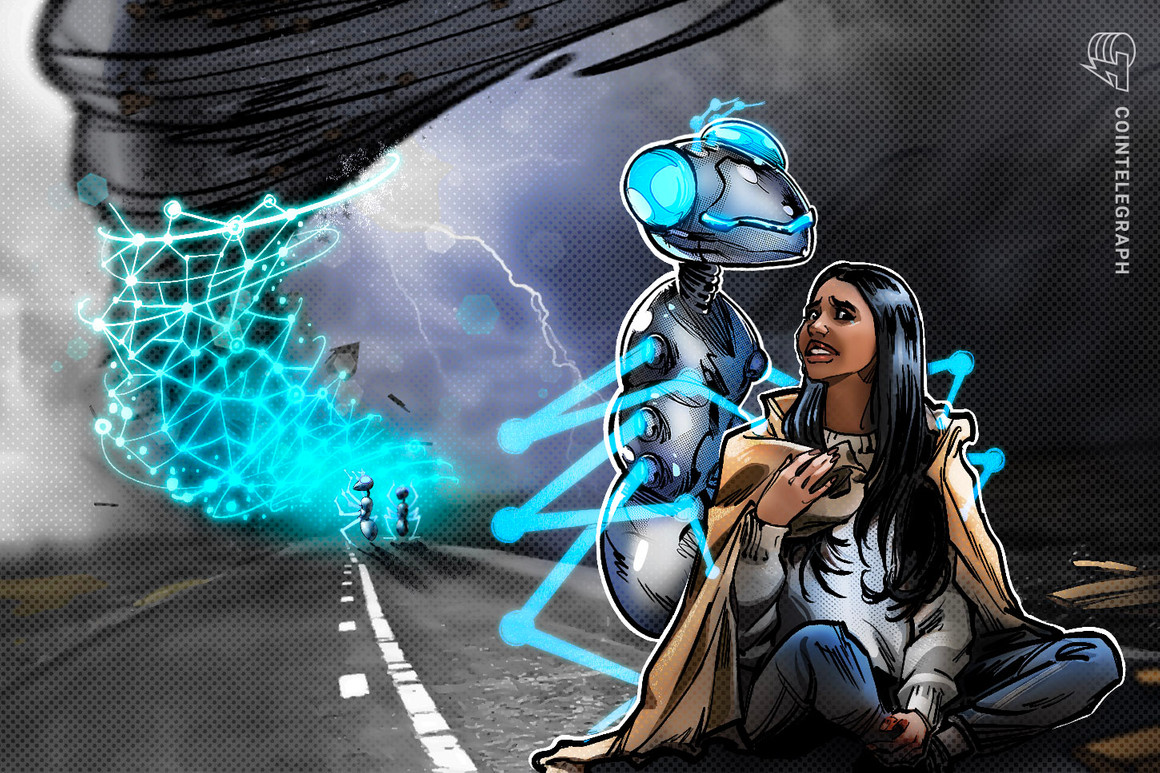Natural disasters in the United States are becoming more prevalent, resulting in increasing costs, a lack of transparency between state and government
Natural disasters in the United States are becoming more prevalent, resulting in increasing costs, a lack of transparency between state and government organizations and a slew of other issues impacting relief systems.
The Pew Research Center found that the Federal Emergency Management Agency’s (FEMA) public assistance program spent 23% more on natural disasters between 2010–2019 than it did during 2000–2009. Data from Climate.gov further shows that 2021 was the third costliest year in history for natural disasters in the U.S., totaling over $145 billion in damages from 20 weather-related incidents.
But as disasters become more common and costs continue to increase, relief organizations are looking toward digital solutions to help solve certain challenges. For instance, a number of cloud-based solutions from vendors like Dell and Amazon are gaining popularity, falling under the category of Disaster Recovery as a Service, or DRaaS.
A recent report from global technology research company Technavio found that the DRaaS market is expected to grow by $40 billion between 2022–2025. However, Technavio’s findings also suggest that open-source disaster recovery tools will challenge the growth of DRaaS moving forward.
Blockchain to automate disaster relief efforts
This may very well be the case, as a number of blockchain-based solutions are being applied for disaster relief efforts. In particular, many of these solutions can automate manual processes in order to ensure cost-efficiencies, automated workflows and data sharing across organizations.
For example, the Disaster Services Corporation Society of St. Vincent de Paul (DSC) — a 175-year-old organization that helps people in situational poverty brought on by natural disasters — is partnering with the Algorand Foundation to assist disaster survivors across the United States.
Elizabeth Disco-Shearer, CEO of the DSC, told Cointelegraph that the organization is specifically working with the foundation — the organization behind Algorand’s monetary supply economics, governance and ecosystem — to use digital wallets to reimagine their House in a Box program, which provides household furniture for families without insurance that have been impacted by a disaster.
According to Disco-Shearer, these digital wallets will be equipped with vouchers worth certain amounts of money that disaster survivors will be able to use at specific vendors to purchase new furniture. Disco-Shearer explained that currently DSC’s “House in a Box” program does all of its work on the ground in rented warehouses, where a variety of furniture is purchased and shipped beforehand and then categorized by volunteers based on family size.
“We started this program in 2014, after Hurricane Katrina. Since then, we have served over 100,000 households across America, but it has become more and more labor intensive due to the intensity and frequency of disasters,” Disco-Shearer said.
Using a blockchain wallet will soon make this process entirely digital. “For instance, we may issue a family of four a digital voucher of $3,200 that will immediately appear in their digital wallet. This will be restricted for use at specific vendors that we partner with, where we have already bought furniture in bulk for these types of situations,” Disco-Shearer commented.
Matthew Keller, impact and inclusion lead at the Algorand Foundation, told Cointelegraph that its digital wallet solution for disaster relief efforts will most likely launch in September of this year. He added that Algorand is supplying the resources to build a volunteer’s wallet that will ensure disaster relief volunteers are properly compensated for their time. He said:
“Volunteer wallets will accumulate and track hours, allowing for disaster relief organizations to show state disaster relief agencies funded by FEMA the amount of time volunteers spend helping. This is a huge deal because it allows organizations like St. Vincent de Paul to attract more resources through federal and state levels. This solution will also be used by the National Voluntary Organizations Active in Disaster.”
While blockchain-based digital wallets are proving to be helpful for facilitating fast payments, open-source networks also ensure data sharing between organizations. This feature can be useful when a number of different organizations are involved in the same initiative. For example, openIDL is a Linux Foundation project that uses Hyperledger Fabric to enable insurance carriers, regulators and intermediate agencies to obtain a harmonized, permissioned data model for more efficient reporting following natural disasters.
Recent: Syrian refugee turned civil activist found calling as blockchain evangelist
To put this in perspective, Jeff Braswell, executive director of openIDL, told Cointelegraph that every state in the U.S. has its own insurance regulator or commissioner, noting that every insurance carrier that writes policies in a state…
cointelegraph.com
